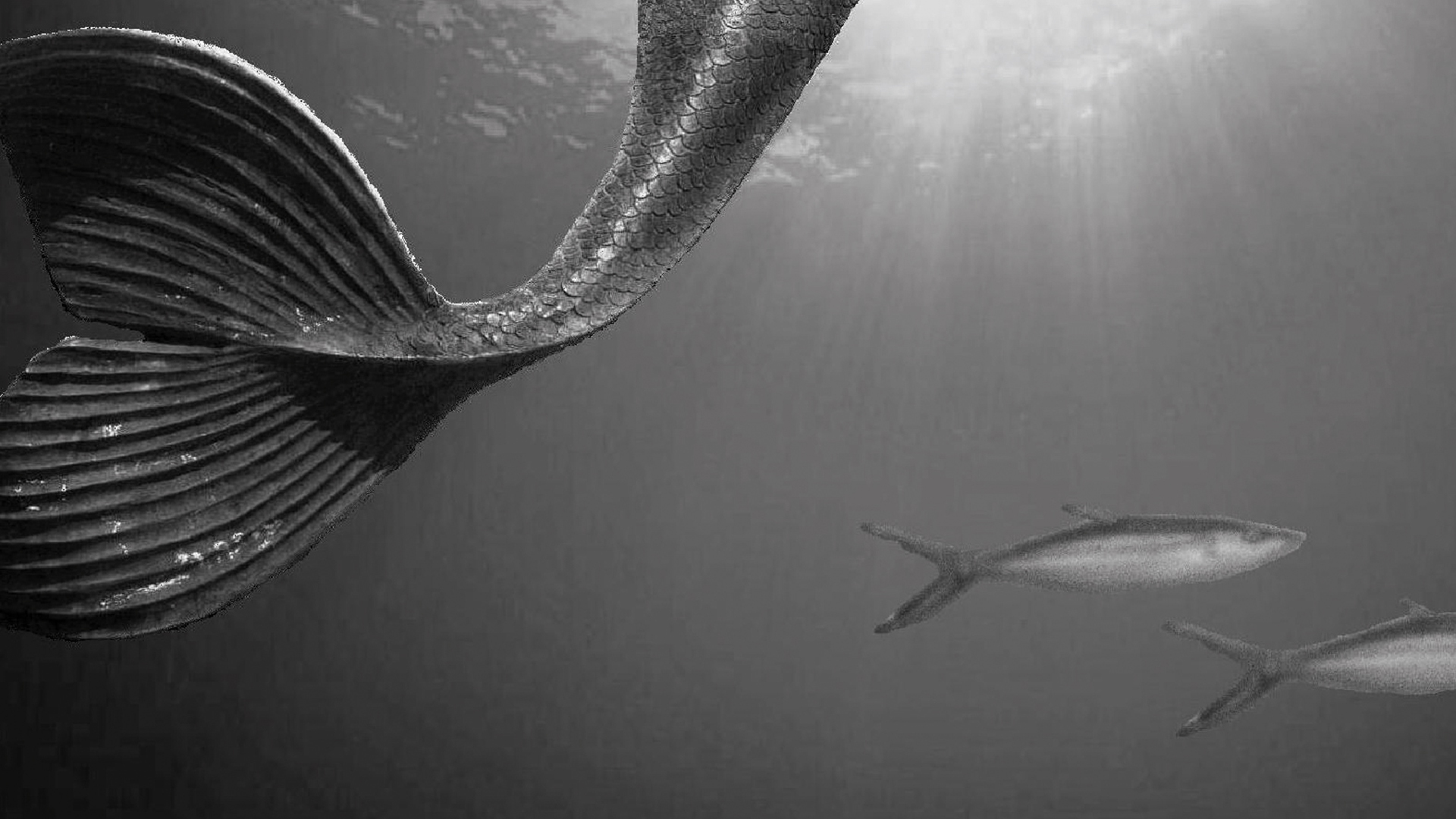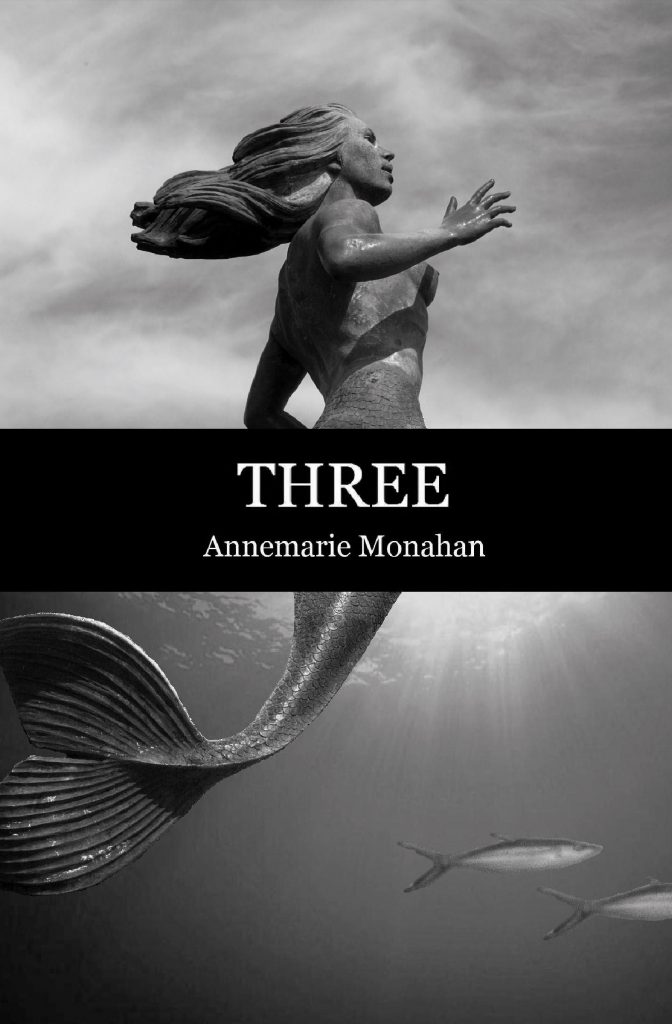By Deb Taber
This review is a reprint of work that first appeared in the October 2012 issue of The Cascadia Subduction Zone (thecsz.com).”
A simple question from a T. S. Eliot poem launches a young woman’s seemingly ordinary life into three distinct futures. We first meet her at age seveenteen as she prepares her morning coffee and contemplates Eliot’s “The Love Song of J. Alfred Prufrock,” wondering, like the poem’s narrator, “Do I dare to eat a peach?” As benign and irrelevant as the question may seem, it is the turning point upon which three possible futures depend. We then meet the grown version of this woman at forty-one, in each of her three possible outcomes. In one she is called Antonia and lives with her lover, Josephine, in an experimental feminist commune in the Atlantic Ocean until a lightning strike nearly kills her. A second life finds her going by Katherine, a doctor balancing alternative and emergency medicine and flowing in and out of temporary relationships and periods of celibacy, still recovering from a long-ago lover who left her for the Catholic Church. In the third life, she is a relatively happy housewife, married since she was eighteen, mother to three kids and dealing with her dying father as she awakens to new questions and sensations after experiencing a woman’s kiss.
Simplicity and complexity: the balance between these is the root of Three and the reason that it works so well as a book despite the large scope it tries-and almost entirely succeeds-to grasp. Blending realism and fantasy, straightforward storytelling and subtle literary devices, Monahan spins a believable world where three separate lives of one woman spread out from a single point, then bend back inward and begin to weave together in an open macramé of one multi-threaded life.
What makes the story work best is that each of Antonia/Katherine/Kitty’s lives is whole. She is a complex and complete human being in each, shaped by different experiences into a different woman. Kitty and Katherine are somewhat closer in their natures, while Antonia’s more radical experiences place her further apart, but she is clearly still the same woman at her core, driven to extremes by choice and circumstance.
Monahan takes the question of daring—do I eat the peach? Or is it more daring to refrain from that bite?—and slowly reveals that bravery and cowardice may not be as they appear at first.
Nor does one moment of bravery mean a lifetime of being bold. Each aspect of—let’s call her K—has her own bravery and her own fears and weaknesses. Each is also guided by a personified Fate, but Fate does not necessarily guide each version of K the same way.
Monahan uses
language beautifully. Everything she attempts to achieve with imagery,
allusion, and forays into science and poetry, she achieves.
Three
is a meditative study on who we are, who we could be, and how little we
know what the outcome will be as we navigate the circumstances of our
lives. It isn’t the grand, bold decisions that shape who we are, the
book contends, it is the daily living, the small actions, the thoughts
we stifle or allow, that shape who we are to be. But that’s not what
this book is about. Three, more than any other book in recent
memory, is about the reader. How do you react to Katherine’s, to
Kitty’s, to Antonia’s situations and decisions? Are you intrigued,
revolted, hopeful, uncomfortable, devastated, confused? Three does not
stand on its own without the reader’s involvement-and that is a rare and
good thing. It is a book that makes you think-about your choices and
the unchosen parts of your life, where you are and how you got there and
where else you could have gone—even if you’ve thought about it all
before. What are the questions, the actions, you have denied in your own
life? Who is the self you did not let yourself be? Are you brave enough
to face her now, maybe in just an e-mail, then a phone call? Would you
make a date with your other self, and would you show up at the table,
ready to find out who you really are, not just who you could be?
Toward the end of the book, Monahan brings Katharine’s and Kitty’s threads together in a way that gives a form of resolution to Kitty in her final section in the book, but rather than growing Katharine’s final section out of this, she instead returns this character to the experience and tone of her previous sections. This is the only area of regression in the book. That may be intentional on the author’s part, but as a reader, I hoped for more. Antonia’s final section, however, returns to the book’s roots of who K is at heart, bringing her fire and sense of humor back into play as Antonia moves on with her life after the commune.
Three is about possibilities made real. It takes weighty subject matter and doesn’t turn away from it, yet within the story you’ll also find humor, lightheartedness, even jocularity. No book is for everyone, but regardless of gender or orientation, Three has something to say to anyone who will listen, and the more you participate by asking yourself the questions the story asks of its three-in-one character(s), the more you can gain from the reading experience.
Deb Taber is a freelance editor who works with authors ranging from novices to New York Times best-sellers. Her stories have appeared in Fantasy Magazine and various anthologies, and her first novel, Necessary Ill, is due out in March 2013 from Aqueduct Press. Visit her online at www.debtaber.com.







